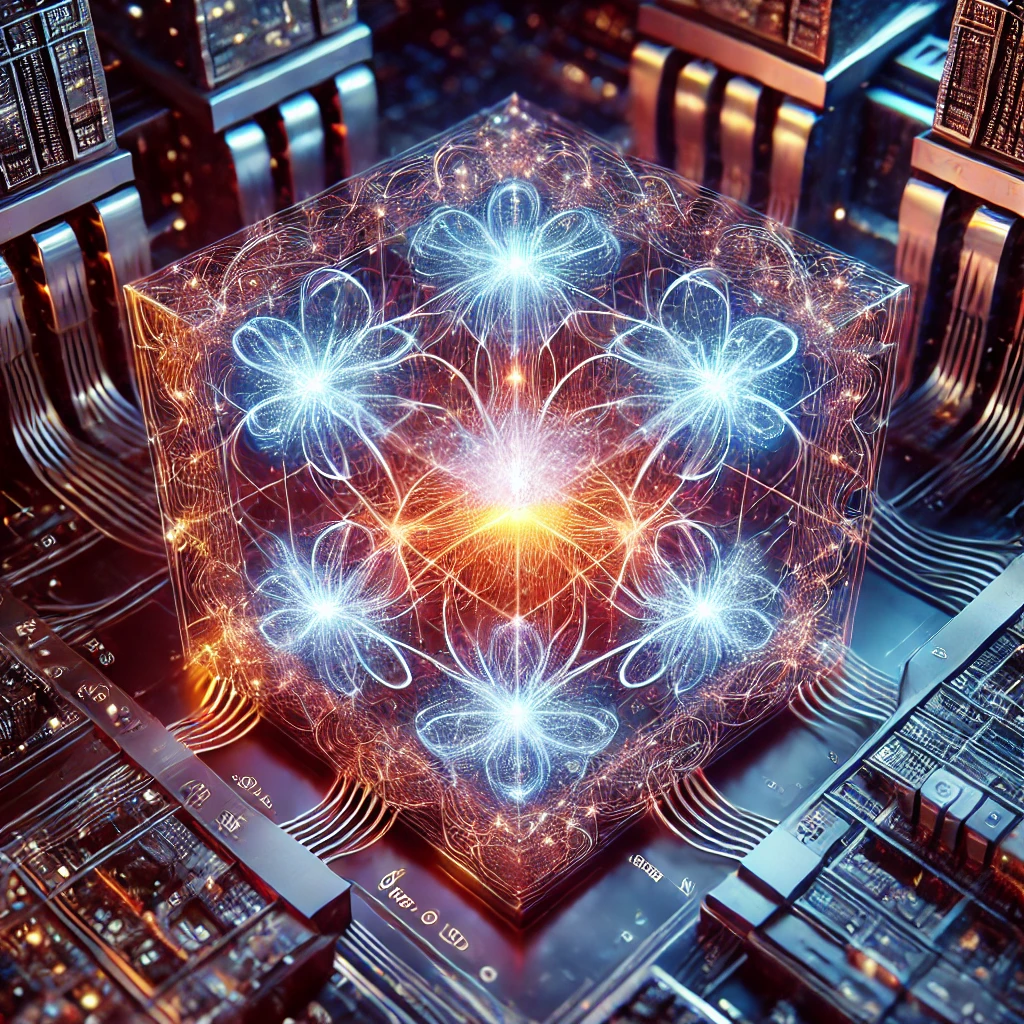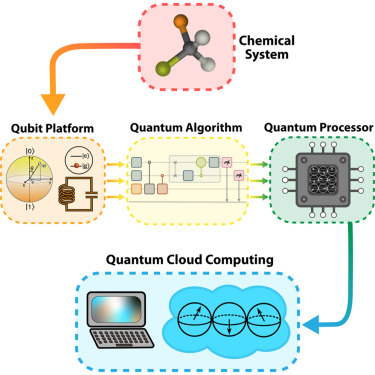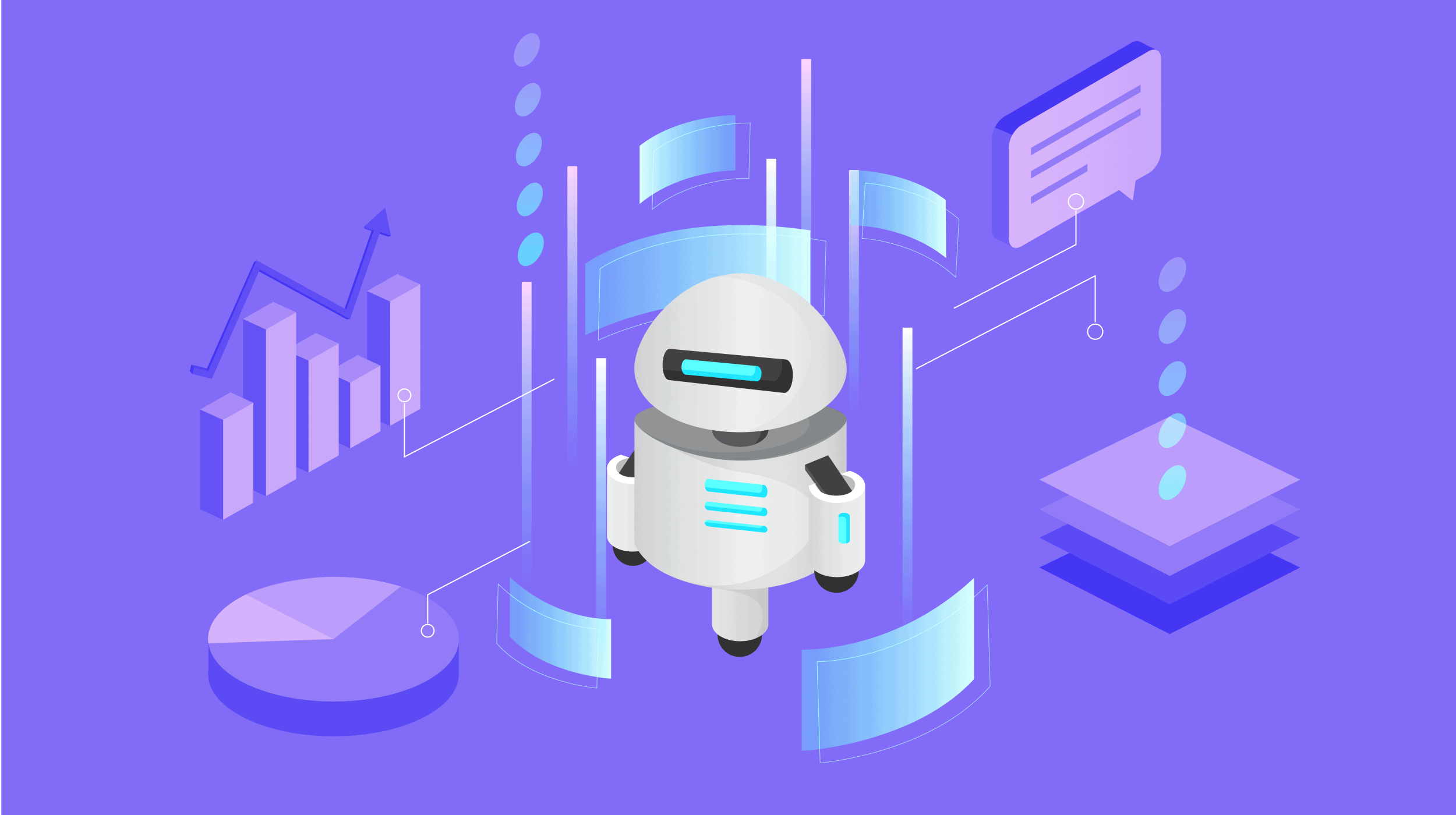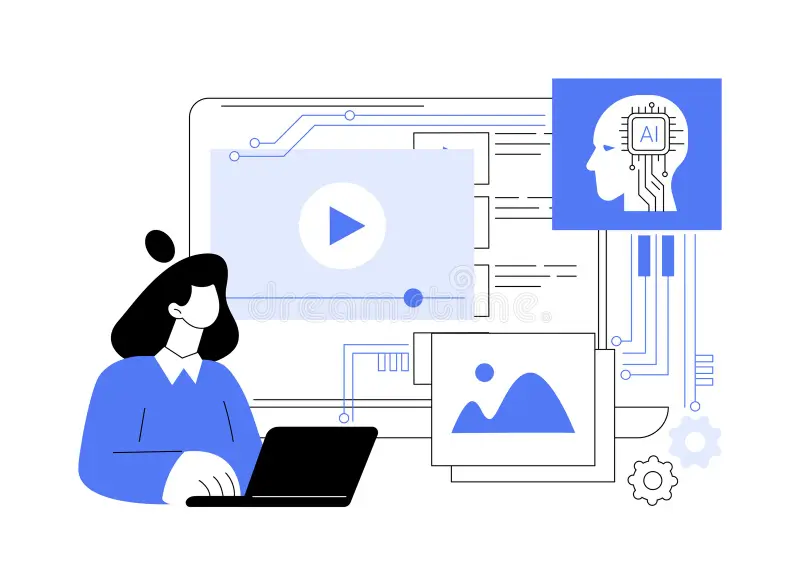The Rise of Quantum Computing: What It Means for AI,7 things to know

Quantum computing is rapidly emerging as one of the most groundbreaking technologies of the 21st century. While classical computers have powered innovation for decades, quantum computing pushes the limits of what machines can compute. As these systems evolve, they’re expected to revolutionize several industries—especially artificial intelligence (AI).
The rise of quantum computing has the potential to redefine how AI systems process information, enabling faster computations, smarter algorithms, and unprecedented breakthroughs.
In this blog, we’ll explore the rise of quantum computing, how it works, how it connects with AI, and what the future holds for this powerful technological synergy.
Table of Contents
What Is Quantum Computing?
Quantum computing is a revolutionary approach to computation that harnesses the principles of quantum mechanics—including superposition, entanglement, and quantum interference—to perform operations on data.
Unlike classical computers that rely on bits (0s and 1s), quantum computers use qubits, which can exist in multiple states at once. This allows them to process complex calculations far faster than traditional machines.
Key Principles of Quantum Computing
- Superposition: A qubit can represent both 0 and 1 simultaneously, enabling parallel computation.
- Entanglement: When qubits are entangled, changing one affects the other instantly, even across large distances.
- Quantum Interference: This principle helps quantum computers amplify correct solutions while minimizing errors.

The Current State of Quantum Computing
Though quantum computing is still in its early stages, progress has accelerated rapidly. Tech giants like IBM, Google, and startups such as Rigetti and D-Wave are leading the race to build scalable, error-tolerant machines.
In 2019, Google announced quantum supremacy, demonstrating that its quantum processor could solve a problem in 200 seconds—something the world’s fastest supercomputer would take roughly 10,000 years to complete.
Key Challenges in Quantum Computing
- Error Rates: Quantum systems are highly sensitive to environmental noise, leading to computation errors.
- Scalability: Maintaining stable qubits and scaling up hardware remains technically complex.
- High Costs: Quantum machines require ultra-cold conditions and specialized infrastructure.
Despite these challenges, the rise of quantum computing continues to accelerate, paving the way for a new era of AI innovation. of Quantum Computing is inevitable, and its integration with AI could open up a world of possibilities.
How Quantum Computing Enhances Artificial Intelligence
While AI has achieved incredible progress with classical computing, it still faces limitations in terms of speed and data complexity. Quantum computing promises to remove these bottlenecks and unlock next-generation AI capabilities.
1. Faster Data Processing and Analysis
Quantum computers can process massive datasets at speeds unimaginable for conventional systems. This speed is crucial for training deep learning models that rely on vast amounts of data.
2. Improved Machine Learning Algorithms
Quantum algorithms like Quantum Support Vector Machines (QSVM) and Quantum Neural Networks (QNN) can uncover intricate data patterns faster and more accurately than classical methods.
3. Enhanced Natural Language Processing (NLP)
Quantum-powered NLP could understand human language with greater nuance, improving sentiment analysis, language translation, and conversational AI systems.
4. Solving Optimization Problems More Efficiently
AI applications often involve solving optimization problems, such as logistics planning or resource management. Quantum computing can handle these tasks exponentially faster and with higher precision.

Real-World Applications of Quantum AI
As The Rise of Quantum Computing intersects with AI, numerous industries stand to benefit:
1. Healthcare
Quantum-enhanced AI can accelerate drug discovery, genome analysis, and personalized medicine by processing massive biological datasets in seconds.
2. Finance
Quantum AI can revolutionize portfolio optimization, fraud detection, and market forecasting, providing insights that classical algorithms can’t compute efficiently.
3. Logistics
From supply chain management to route optimization, Quantum AI can drastically reduce costs and improve delivery efficiency.
4. Cybersecurity
Quantum computing can both enhance and challenge cybersecurity. While it may weaken current encryption methods, it can also enable next-generation quantum encryption and threat detection systems.
Challenges and Ethical Considerations
The rise of quantum computing comes with significant ethical and technical challenges that must be addressed responsibly:
- Data Privacy: Quantum systems could break existing encryption, exposing sensitive data.
- Algorithmic Bias: If not properly managed, quantum AI could amplify biases in training data.
- Accessibility: The cost and complexity of quantum systems may lead to technological monopolies.
Global cooperation among researchers, policymakers, and organizations is crucial to ensure quantum AI benefits humanity as a whole.
The Future of AI and Quantum Computing: A Game-Changing Synergy
As quantum technology matures, its integration with AI is expected to redefine industries, accelerate research, and transform society. Scientists are already experimenting with hybrid AI systems, where classical and quantum computers collaborate to solve problems more efficiently.
Unlocking New Possibilities with Quantum AI
The convergence of AI and quantum computing could help tackle some of humanity’s biggest challenges:
🔹 Enhancing Decision-Making: Enabling AI systems to make faster, more informed decisions in real-time applications.
🔹 Revolutionizing Healthcare: Simulating molecular interactions to speed up drug development and design personalized treatments.
🔹 Fighting Climate Change: Using quantum AI to model climate patterns and optimize renewable energy systems.
🔹 Securing the Digital World: Developing quantum-resistant cryptography to safeguard data.
The Road Ahead: Challenges and Opportunities
Quantum computing is still in its experimental phase, with technical hurdles like error correction, hardware stability, and algorithm optimization yet to be fully solved. However, as innovation continues, these barriers will fall.
The combination of AI and quantum computing will redefine what we consider computationally possible, unlocking a new frontier of intelligence and discovery.
Final Thoughts
The rise of quantum computing marks the dawn of a transformative era in technology. When paired with artificial intelligence, it promises to reshape industries, accelerate innovation, and expand the limits of human knowledge.
We’re still in the early stages of this journey, but the future of Quantum AI looks brighter than ever. As the technology evolves, it will revolutionize how we process data, make decisions, and solve problems—pushing humanity toward a smarter, more connected future.
🚀 The quantum revolution has begun—AI is at the heart of it. 🚀Stay Tuned !!!




